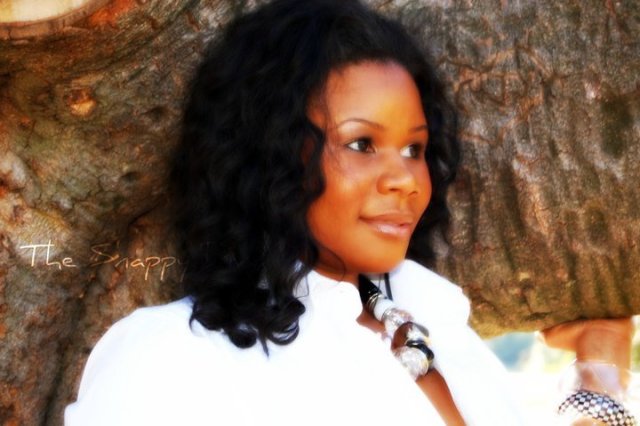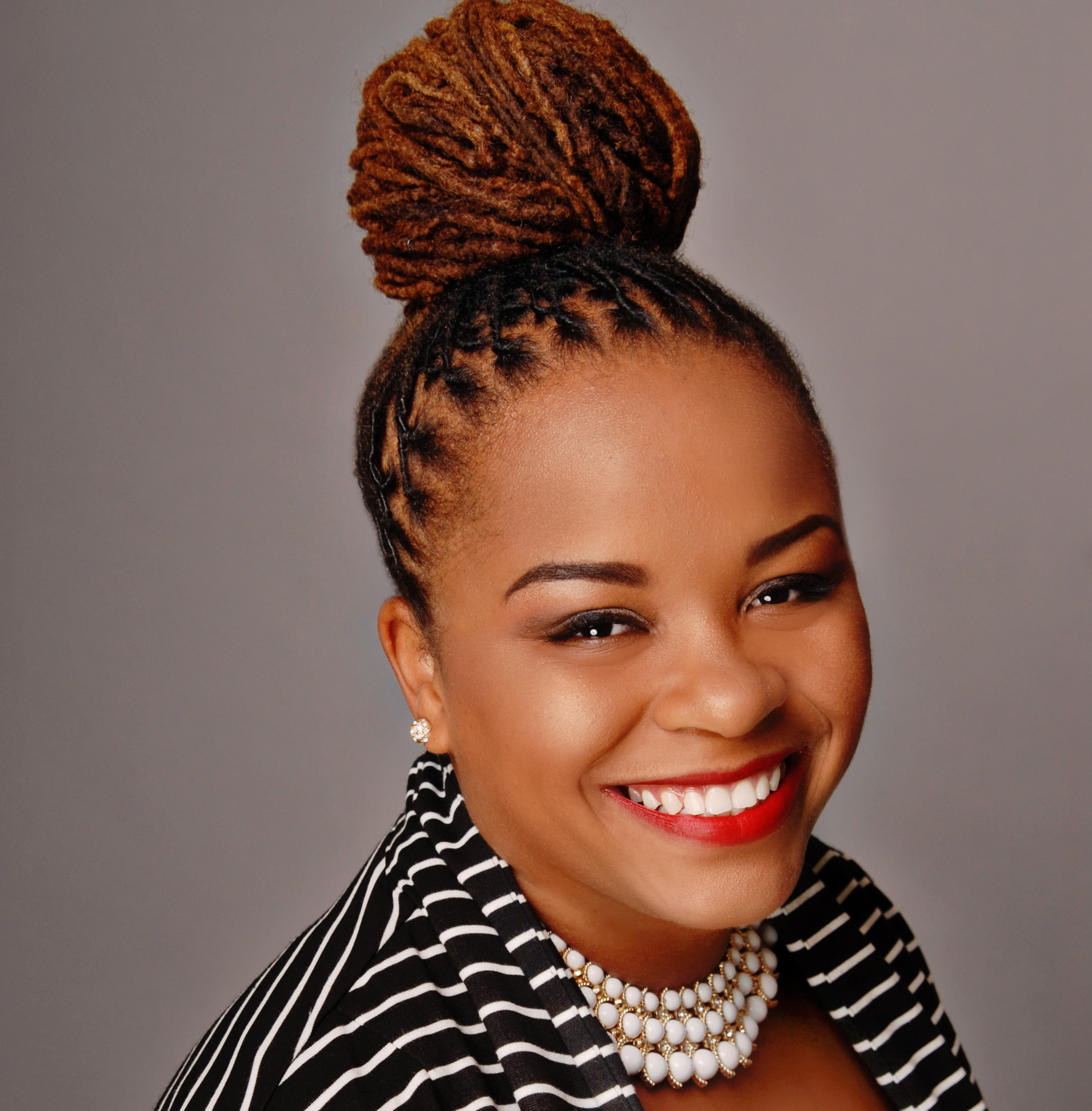Venice Haynes is an example of the many everyday heroes and heroines one will find in the field of public health. A proud graduate of Tennessee State University and Meharry Medical College School of Graduate Studies and Research, she is currently employed at the Morehouse School of Medicine with the SUCCEED Program, a collaboration designed to provide funding, technical assistance, and training to support the implementation of breast and cervical cancer screening programs in African Americans in Georgia, North Carolina and South Carolina.

HBCUstory: How has attending an HBCU prepared you for your career in public health?
Venice Haynes: Attending an HBCU teaches you the importance of utilizing your resources. Creativity is required. You quickly learn to leverage your resources and partnerships. Nothing is handed to you. Attending Tennessee State University equipped me. It was there I learned that creativity births innovation.
HBCUstory: What are the advantages of attending an HBCU for your undergraduate education? Graduate education? Disadvantages, if any, please share.
Venice Haynes: Lifetime relationships are born of the camaraderie. The adversities prepare you and the memories bond you. I wouldn’t trade it for the world. Moreover, HBCUs prepare you for the hustle of life.
HBCUstory: Disadvantages?
Venice Haynes: The lack of alumni support in both giving and providing resources. There were times, I’d say, “I wish I had that.” But I learned how to make and create resources.

HBCUstory: Do you feel attending an HBCU has afforded you a unique perspective on health issues in the black community?
Venice Haynes: Hands down, YES! When attending an HBCU, you can’t help but observe [and]become part of the HBCU spirit. It also provided me with a background in reality. This very same ideology translates into working in healthcare and health disparities in the black community.
HBCUstory: Did you imagine a career in public health?
Venice Haynes: I did. When I imagined my career, I didn’t know it was public health. I found myself gravitating toward it. I went through the “I’m going to medical school phase.” as a biology major, but I wanted to understand WHY people were sick. Medicine was NOT the end all that be all. Public health best answered my questions. I evolved from wanting to be a doctor of medicine to pursuing a career in public health.
HBCUstory: What are your goals as you continue your career in public health?
Venice Haynes: I left graduate school knowing I was not ready for doctoral studies because it was important for me to figure out what direction I wanted to go in so I sought out a variety experiences. I got in the field and I worked on various projects. Each step I made was with purposeful intention. Through [these experiences] I learned what I wanted to do.
HBCUstory: What do you want to do?
Venice Haynes: Pursue doctoral studies in epidemiology. I like the analytics and the problem solving. It’s a cross cutting field. After this, as I become more credentialed, I’m going to start out on my own. What I want to do isn’t out there, I have to create it.
HBCUstory: What is that thing you want to create?
Venice Haynes: I don’t know if it’s starting a foundation or a consulting firm, but I’ve always gravitated towards women’s health. My vision is a place where a woman can come and address the totality of her womanhood. I know it will take time to develop. People will be put into place to make it what it needs to be. It will take more time and more experience.
HBCUstory: What advice would you offer to current HBCU students who are interested in public health?
Venice Haynes: It’s hard work, it’s not glamorous, you may go unnoticed, but do it because you love it. Learn as much as you can. Take advantage of training opportunities. Make yourself marketable. Once you figure out what you want to do in public health, build the necessary skills in your areas of interest. And be patient in the process.














